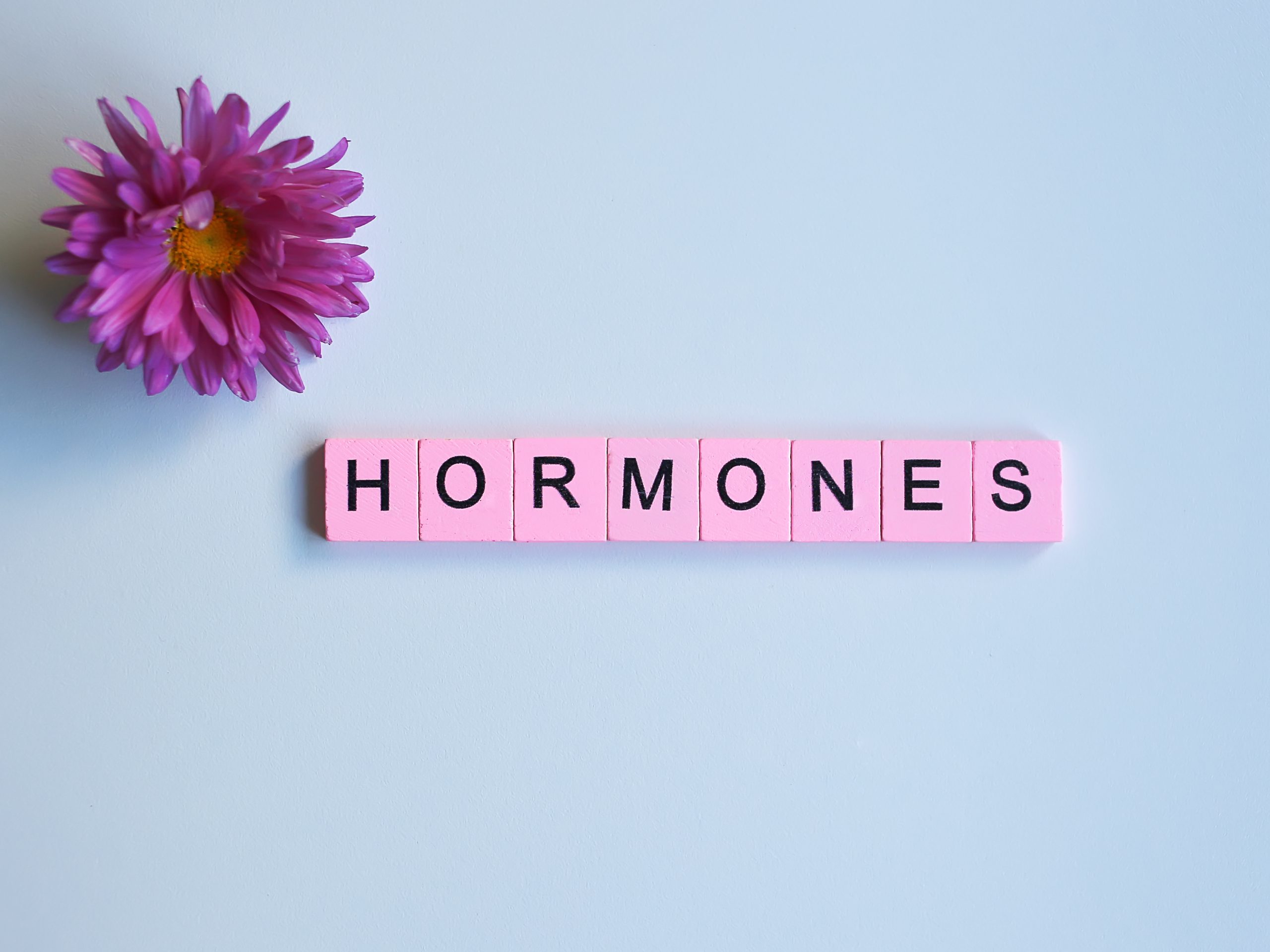At the Community Women’s Center, we want all women to be informed about their health and the systems in their bodies.
Women’s hormonal systems are complex and undergo significant changes throughout their lives, particularly during puberty, the menstrual cycle, pregnancy, and menopause.
Here are some key hormones in women and their unique roles in the body:
Estrogen:
This is a group of hormones that includes estradiol, estrone, and estriol. Estrogen plays a crucial role in the development of secondary sexual characteristics during puberty, regulates the menstrual cycle, and is involved in maintaining the health of the reproductive tissues, bones, and cardiovascular system.
Progesterone:
This hormone is primarily produced by the ovaries after ovulation. It prepares the uterus for a potential pregnancy by thickening the uterine lining. If pregnancy doesn’t occur, progesterone levels drop, leading to menstruation.
Follicle-Stimulating Hormone (FSH):
Produced by the pituitary gland, your FSH levels stimulate the development of follicles (fluid-filled sacs containing eggs) in the ovaries during the menstrual period.
Luteinizing Hormone (LH):
Also produced by the pituitary gland, LH triggers ovulation, the release of a mature egg from the ovary. After ovulation, the ruptured follicle transforms into a structure called the corpus luteum, which produces progesterone.
Prolactin:
Produced by the pituitary gland, prolactin stimulates milk production in the mammary glands. Its levels rise during pregnancy and breastfeeding.
Gonadotropin-Releasing Hormone (GnRH):
Produced by the hypothalamus, GnRH stimulates the release of FSH and LH from the pituitary gland, regulating the menstrual cycle.
Human Chorionic Gonadotropin (hCG):
This is produced by the cells that form the placenta shortly after a fertilized egg attaches to the uterine lining. This hormone is a key indicator of pregnancy and is often the target of pregnancy tests.
The presence of hCG is a reliable indicator of pregnancy, and its levels can provide healthcare professionals with valuable information about the health and progression of the pregnancy. If there are concerns or questions about hCG hormone levels, it’s important to talk with your doctor for personalized guidance and interpretation.
Testosterone:
Did you know both men and women produce testosterone? While typically associated with males, women also produce small amounts of testosterone, primarily in the ovaries and adrenal glands. It contributes to libido, bone health, and muscle mass. Learn more about testosterone on our website.


